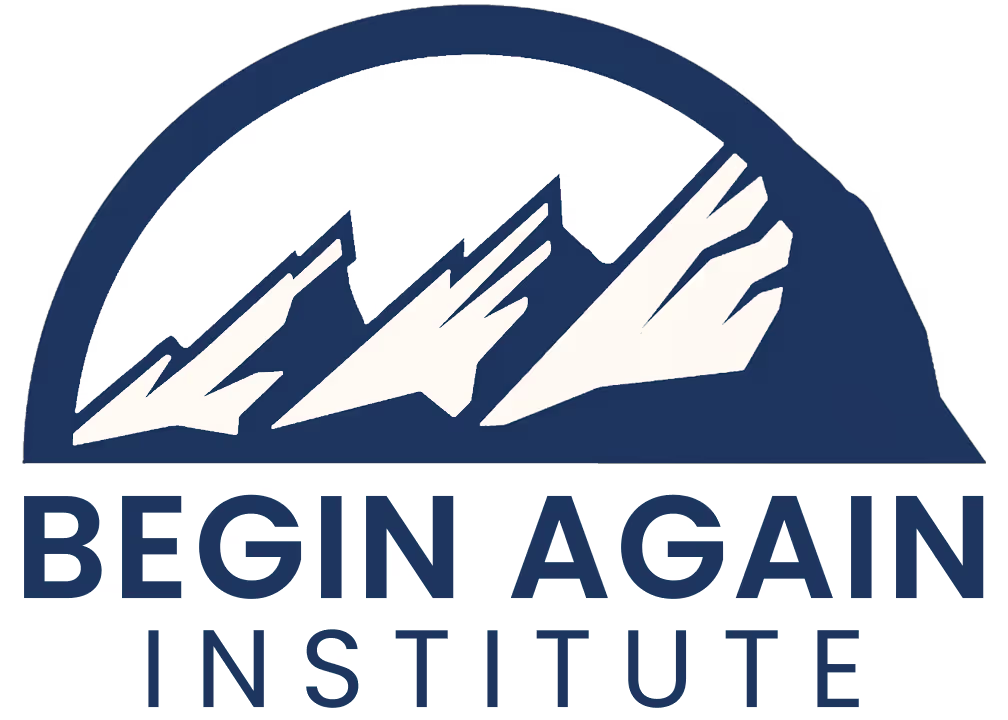Using Mindfulness in Recovery


Recovery from an intimacy disorder often feels like a battle between old habits and the desire for change. Mindfulness offers a way to step out of reactive patterns and reconnect with the present moment. By observing thoughts, emotions, and urges without judgment, you can respond thoughtfully instead of acting on impulse. In recovery, this simple practice becomes a powerful tool for building self-awareness, emotional resilience, and healthier relationships.
Why Mindfulness Matters in Recovery
Mindfulness isn’t just a relaxation technique. It’s a way to retrain the mind and body to respond differently to triggers and stress. If you’re in recovery for an intimacy disorder, like sex addiction, mindfulness provides critical support in many ways, including:
- Increasing Self-Awareness. You gain insight into patterns that fuel addictive behaviors when you notice thoughts and urges as they arise.
- Supporting Emotional Regulation. Mindfulness teaches you to experience emotions without immediately reacting, which reduces impulsive actions.
- Promoting Trauma Healing. Most addictive behaviors stem from unresolved trauma. Mindful awareness helps you stay present with difficult emotions safely, which is a key step in trauma recovery.
- Enhancing Conscious Decision-Making. Mindfulness creates space to choose responses aligned with your values and recovery goals, rather than falling back into automatic patterns.
Strengthening Mind-Body Connection. Addiction disconnects you from your physical and emotional states. Mindfulness restores this connection, improving your overall well-being.
Core Mindfulness Practices for Recovery
Integrating mindfulness into recovery doesn’t require hours of meditation each day. Even brief, consistent practices can strengthen awareness, reduce impulsive behaviors, and support emotional regulation.
Key mindfulness practices for recovery include:
- Breathwork. Focus on your breath as it moves in and out. When your mind wanders, gently return to the breath. Breathwork anchors you in the present moment and helps calm the nervous system.
- Body Scans. Pay attention to physical sensations from head to toe. Noticing tension, discomfort, or relaxation increases your connection to your body and helps identify stress or triggers early.
- Mindful Meditation. Set aside a few minutes to sit quietly and observe your thoughts without judgment. Even short meditation sessions can improve focus, patience, and emotional resilience over time.
- Non-Judgmental Observation. Practice noticing urges, thoughts, and emotions without labeling them as “good” or “bad.” This reduces shame and creates space for a thoughtful response instead of a reactive one.
- Mindful Journaling. Write down your thoughts, feelings, and triggers with curiosity and self-compassion. Journaling helps process emotions and recognize patterns that may otherwise go unnoticed.
How Mindfulness Supports Sex Addiction Recovery
Mindfulness is a powerful tool for breaking the cycle of addiction. In sex addiction recovery, it helps by:
- Identifying Triggers Early. Mindfulness enhances awareness of thoughts, emotions, and situations that precede urges, allowing you to respond intentionally.
- Promoting Emotional Regulation. By observing emotions without judgment, you learn to manage difficult feelings without turning to compulsive behaviors.
- Reducing Shame and Self-Criticism. Mindfulness encourages self-compassion, helping to counter the guilt and shame that often accompany sex addiction.
- Improving Relationship Awareness. Being present helps you engage more authentically with partners, family, and friends, strengthening intimacy and trust.
- Strengthening Relapse Prevention. Mindfulness creates pause-and-reflect moments that interrupt automatic, addictive patterns, making conscious choices easier.
Incorporating Mindfulness Into Daily Life
Mindfulness doesn’t have to be complicated or time-consuming. Small, intentional practices throughout your day can make a big difference in recovery.
Practical ways to incorporate mindfulness into everyday life:
- Have Short Meditation Sessions. Set aside five to 10 minutes in the morning or evening to focus on your breath or observe your thoughts.
- Pause. Take a few deep breaths before responding to triggers, stressful situations, or difficult emotions.
- Move. Pay attention to physical sensations during walking, stretching, or exercise, staying fully present in your body.
- Eat Mindfully. Focus on the taste, texture, and smell of your food instead of eating on autopilot.
- Be Present During Chores. Even routine tasks, like washing dishes or folding laundry, can become opportunities to practice being present.
- Use Reminders and Prompts. Use apps, sticky notes, or phone alerts to pause and check in with your thoughts and emotions.
Common Challenges and How To Overcome Them
Starting a mindfulness practice can feel simple. But you may encounter obstacles along the way. Knowing how to address these challenges can help you maintain consistency in recovery.
Common mindfulness challenges include:
- Difficulty Sitting Still. It’s natural for the mind and body to resist stillness at first. Start with just a few minutes, gradually increasing the time as your comfort level grows.
- Wandering Thoughts. Your mind will inevitably drift. Instead of judging yourself, gently redirect your attention back to your breath, body, or chosen focus.
- Frustration. Mindfulness is a skill you build over time. Celebrate small moments of awareness instead of expecting immediate transformation.
- Skepticism. Mindfulness works subtly. Notice changes in how you respond to triggers or stress rather than expecting dramatic shifts overnight.
- Overwhelm. Use brief, frequent practices instead of long sessions that might make you feel overwhelmed or like you have one more thing to do. Even a couple of mindful minutes before a challenging interaction can make a difference.
Using Your Recovery Tools
Mindfulness is a practical, powerful tool in sex addiction recovery. It helps you respond thoughtfully rather than react impulsively to your emotions.
At Begin Again Institute, mindfulness is integrated into our trauma-informed programs, helping you build the skills and awareness necessary for authentic, sustainable healing. Contact Begin Again Institute today to learn how our programs can help you cultivate mindfulness, emotional resilience, and a life of authentic connections.
Test Intensive Date
We get right to work, so you can get back to life.
“Begin again helped me jumpstart my healing. It’s like
a years worth of therapy in one trip.”


